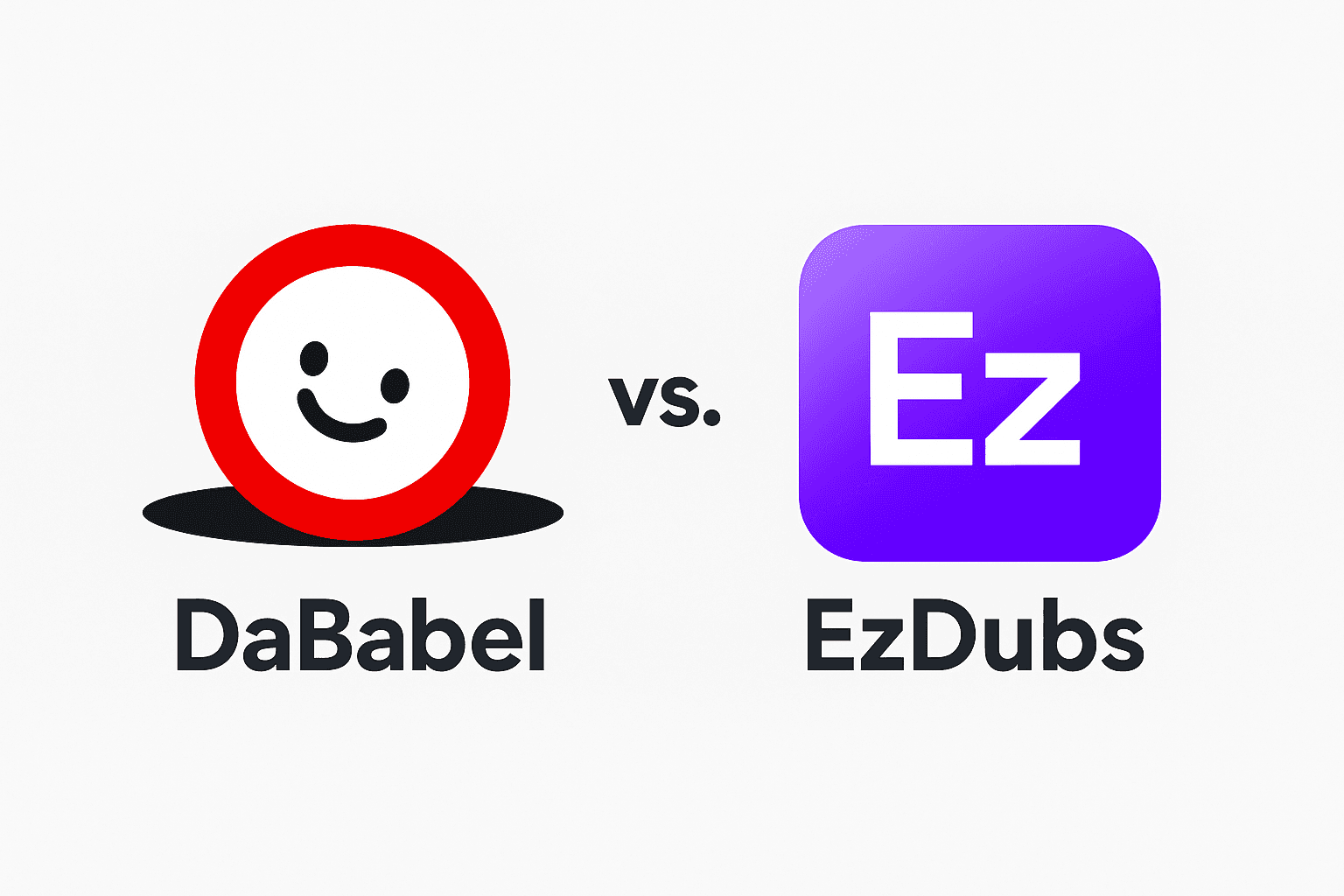If you’re a streamer or content creator focused on live broadcasts and you enjoy Quackity’s work, you might be curious to try DaBabel for its unique streaming oriented features. It could become a go-to for live multilingual streams once it supports more languages and platforms. However, for most users—including tech enthusiasts who want to chat or game with friends abroad and professionals who need to communicate across language barriers—EzDubs is the more practical choice.
EzDubs not only matches DaBabel in real time voice translation but also goes further, offering video call translation, phone call support, messaging translation, and a larger language selection right out of the gate. It is easier on the wallet and simpler to start with, since you do not have to commit to a subscription just to try it. In a head to head comparison, EzDubs can do most of what DaBabel promises, and do it today, making it a strong contender for the title of “universal translator.”
For gamers, EzDubs removes language barriers in voice chat. For travelers and expats, it lets you call home or book appointments without worrying about the language. For businesses, it enables multilingual meetings and customer calls where everyone is fully understood. For everyday users, it can turn a casual chat with someone from another country into a genuine conversation. That is powerful.
DaBabel’s launch has shone a spotlight on real time translation tech, and competition in this space is heating up. Both apps will likely keep improving quickly. Ultimately, the best real time translator for you depends on your needs. But if you want a DaBabel alternative that is already proven and feature packed, EzDubs is well worth a try. Right now, EzDubs has the edge as the most comprehensive real time translation solution, giving you something close to a science-fiction universal translator in your pocket.
